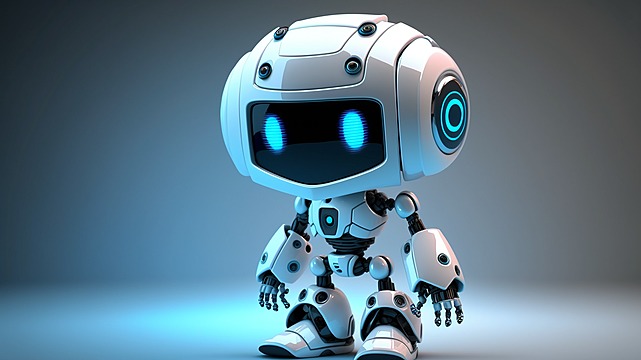In today’s digital world, children are growing up alongside Artificial Intelligence — from talking toys and smart assistants to personalized learning apps and algorithm-curated content. While marketed as educational or convenient, AI in childhood is raising serious concerns among psychologists, educators, and parents. Far from harmless helpers, these systems may be silently reshaping how kids learn, think, and grow — and not for the better.
1. Delayed Social Development
Many AI-powered devices — from talking dolls to interactive apps — simulate conversation but don’t provide true social interaction. Young children are especially vulnerable, as they may:
- Mistake AI responses for real emotional understanding.
- Develop attachment to machines instead of people.
- Miss critical opportunities to learn empathy and communication.
Face-to-face interaction is essential for emotional and social development. Replacing that with AI can stunt those abilities.
2. Addictive, Algorithmic Content
YouTube Kids, TikTok, and similar platforms use AI algorithms to feed children endless streams of videos tailored to their behavior — not their well-being. This can lead to:
- Reduced attention spans.
- Overstimulation and anxiety.
- Exposure to inappropriate content despite filters.
When algorithms prioritize engagement over quality, children become products, not protected learners.
3. Hyper-Personalized Learning That Undermines Curiosity
AI-based education tools promise personalized learning paths. While this sounds ideal, it can:
- Limit exposure to diverse subjects or challenges.
- Turn learning into a data-driven task, not an exploratory journey.
- Reward pattern-following over creative or critical thinking.
When AI controls what children see and how they learn, it risks turning education into a rigid, adaptive treadmill.
4. Surveillance in the Classroom
Many AI tools used in schools — from automated grading to facial recognition for attendance — collect vast amounts of data on children. This raises serious ethical questions:
- What data is being collected and stored?
- Who has access to it?
- How might it be used in the future?
Children are growing up under constant digital observation, often without consent or understanding — conditioning them for a life of normalized surveillance.
5. Erosion of Imagination
Creative play is how children make sense of the world — but when AI-generated games, stories, or toys do all the imagining for them, children lose the chance to build their own inner worlds. This overreliance can lead to:
- Passive consumption over active creativity.
- Difficulty with abstract thinking.
- Diminished problem-solving and storytelling skills.
True growth comes from making, not just clicking.
Conclusion
AI has a place in childhood — but that place must be carefully defined and ethically managed. Unchecked, AI risks undermining the very foundations of healthy development: curiosity, empathy, creativity, and connection. As we hand our children devices powered by artificial intelligence, we must ask: are we giving them tools to thrive — or handing them futures shaped by machines rather than by human potential?
